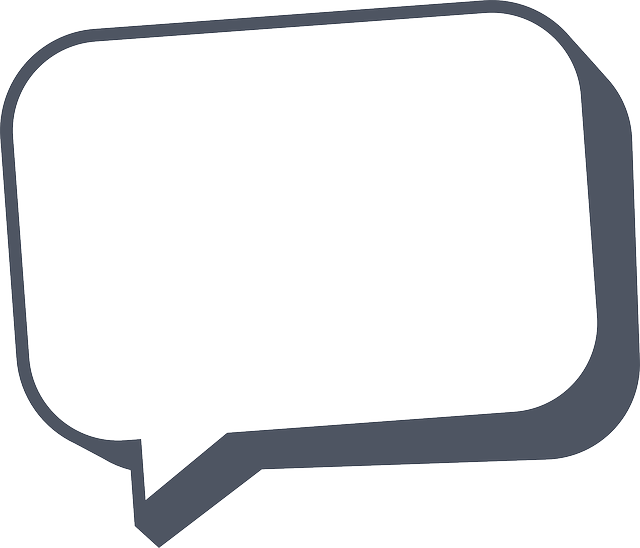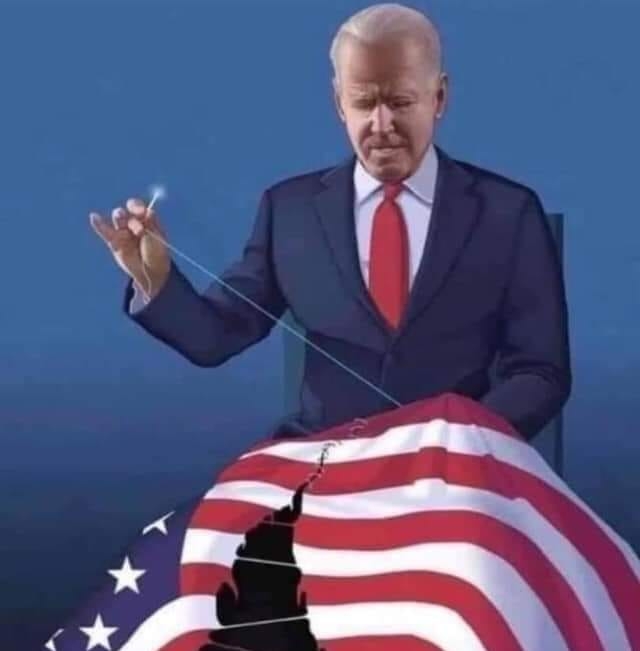About words…
Are the ones you use in your marketing materials magical, mesmerizing, memorable?
If not, why not?
I’m guessing that, most of the time, you may be missing the mark because you’re writing to impress, not to express.
Reverse that!
Write to express, not to impress.
Memorize this: No one gives a rip about the size of your vocabulary.
The above is one of the best lessons I ever learned about writing well. I used to use big, impressive-sounding words until a creative writing teacher at a community college told me, “Unless you plan to write for college professionals and intellectuals for the rest of your career, get rid of the words that people don’t use in everyday conversation. No one wants to have to read something while holding a dictionary in their other hand.”
As a lifelong book lover, I have a huge vocabulary, so sometimes it’s tempting and feels exactly right to use a big word, so I do–unless I can take bets that 25% or more of the readers I’m targeting won’t understand what the heck it means! If I use too many big words in a piece, I’ll send readers screaming for the exits–which is no writer’s plan when we sit down to communicate!
Although it’s crucial to avoid talking down to your readers, it’s also crucial to remember that not all of your readers are native English speakers and that some of the ones who are may have had to leave school to go to work or for other reasons before they got into higher learning, literature, and advanced composition.
And, sad to say, too few people ever pick up a book again after their school years are over (unless it’s mandatory), so remember that you’re writing for people who aren’t overly-thrilled about having to wade through words to get the information they need to do (or have) what they want to do (or have).
So be kind to your reader. And if you’re writing web copy or content, be especially kind. If your industry is jargon-heavy and you simply MUST use industry-specific language (e.g., whole life insurance) explain what it is the first time you use terms that the lay reader may not understand.
Get rid of as many buzz words as you can, too, when you’re writing off-line or online copy or content meant for the general public







